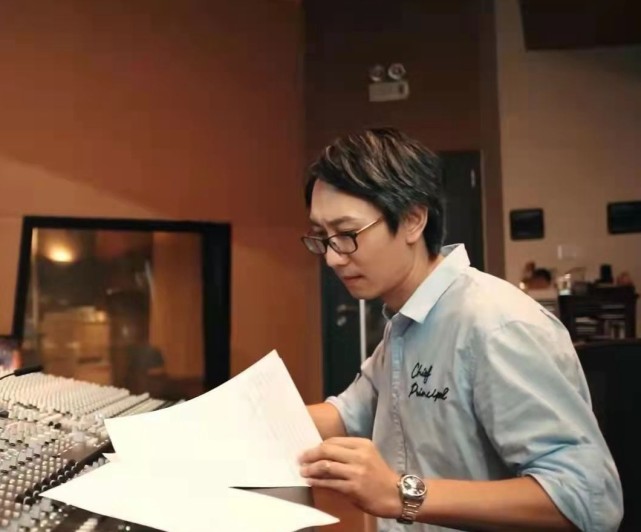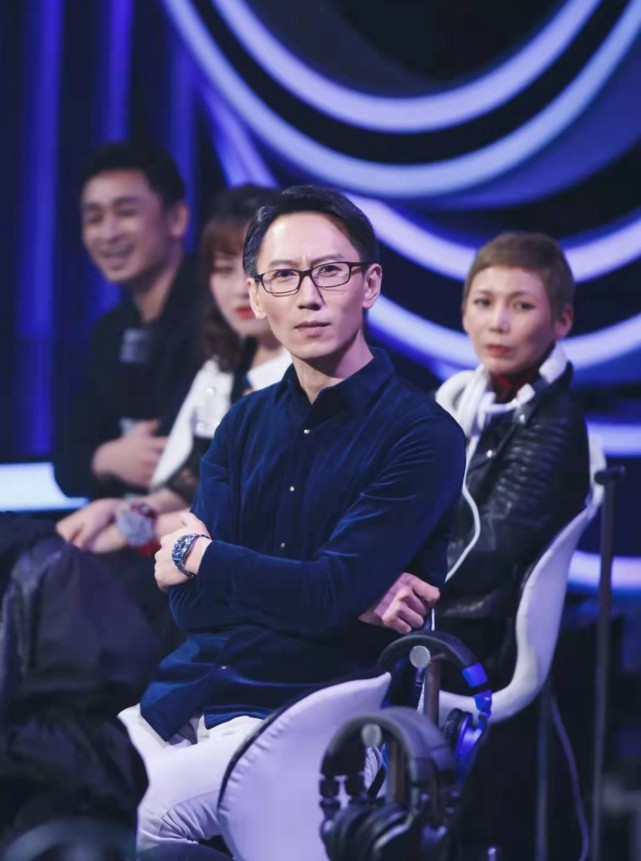Award Nominated Musician and Composer Brings Attention to Significance of Chinese Culture in His Music
Guangdong Musician’s Video Game Soundtrack Nominated for Award
According to the Guangzhou Musicians Association, Guangdong musician Jason Huang has been nominated for a 2022Hollywood Music in Media Award (HMMA).
Huang graduated from the Xinghai Conservatory of Music with degrees in music composition and audio engineering. He mainly composes and produces music for film and television soundtracks, theatrical works, and games. In 2005, Huang founded the Dodecahedron Culture Communication Co. Ltd music company, presiding over large-scale production recording. He has served as the production director for the Zhejiang Haining MacGuffin Film and Television Culture Co. Ltd, and has long collaborated with China’s leading game companies Tencent and NetEase. He is a member of the China Musicians Association and the Guangzhou Musicians Association, and was a lecturer for the 2021 Guangdong Provincial Musician Talent Training course.

Huang is a leading musician when it comes to multimedia productions. He won 2016’s “Most Anticipated Game” award for 2015’s One Piece: Chinese Edition game . He also worked on the documentary The Revival, which won first prize for a documentary in the Guangdong Radio, Film, and Television Awards. His work for Infinite Borders was nominated for the Live Concert in Visual Media award in the 2022 Hollywood Music in Media Awards. He composed “Guangzhou de Shengyin” which won first prize for the Guangzhou Award, and “Gongfu Chuanqi”, which won first prize for Best Original Song for Guangdong Radio Programs. His composition “Xingfu de Gaomao” was also selected for the China Musicians Association’s collection “Tingjian Zhongguo, Tingjian Ni”.
The Hollywood Music in Media Awards are selected by a committee comprised of the Society of Composers and Lyricists, the music department of the Academy of Motion Picture Arts and Scientists, and The Recording Academy. The awards honor compositions across various media, including movie scores, documentaries, short films, games, and commercials.
Nominations cover music ranging from scores in various media, live concerts, and even exhibitions and theme parks.
According to Huang, his Infinite Borders score provides a backdrop for the game, creating the atmosphere for the Eastern Han and Three Kingdoms setting. “Our country was divided into 13 prefectures,” Huang said. “So this piece is a suite mapping the 13 prefectures within the game.”
Huang said the project team consulted a variety of resources for the piece, including folk music, instruments from several regions, as well as their own ingenuity. In the end, he composed 13 unique styles for each prefecture, with the suite based on each region’s unique style. “For Bingzhou, Shanxi, and Shaanxi, I used the guanzi,” Huang said, highlighting the instruments unique to each region. “Southern regions rarely used the banhu, whereas (the northwestern) Shaanxi would. Jiangsu and Zhejiang often use the pipa and dizi. Each area has its own unique instruments and musical style, which we tried to keep in mind.” His favorite piece in the collection is the one for Liangzhou. “It’s written about Dunhuang, and really gets that regional style.”

Huang believes that Chinese music is making a name for itself in the world. “It must be personal, with the language of our own national music and the soul of our culture.” He says that non-Chinese listeners often cannot distinguish whether or not something is even from his home province of Guangdong since China is quite a large country, so the focus need not be on broadcasting every last aspect of each region. “I think the first step is to express the notion of a pan-China.” Likewise, he feels it’s not enough for regional music to just portray certain elements: They must be integrated into one’s own personal style and musical language. It takes skill to share Chinese stories in a way that non-Chinese can understand. And with understanding, comes acceptance.
This article originally appeared in Guangzhou Daily Xinhuacheng. Reporting: Bu Songzhu, correspondent: Chen Liang.
(Materials provided by the Guangzhou Music Association)
Images provided by the Guangzhou Music Association
Guangzhou Daily Xinhuacheng Editor: Li Qiaorong

